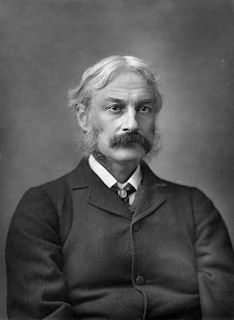A Quote by Richard Dawkins
The list of things about which we strictly have to be agnostic doesn't stop at tooth fairies and celestial teapots. It is infinite. If you want to believe in a particular one of them - teapots, unicorns, or tooth fairies, Thor or Yahweh - the onus is on you to say why you believe in it. The onus is not on the rest of us to say why we do not. We who are atheists are also a-fairyists, a-teapotists, and a-unicornists, but we don't have to bother saying so.
Related Quotes
So it is best to keep an open mind and be agnostic. At first sight that seems an unassailable position, at least in the weak sense of Pascal's wager. But on second thoughts it seems a cop-out, because the same could be said of Father Christmas and tooth fairies. There may be fairies at the bottom of the garden. There is no evidence for it, but you can't prove that there aren't any, so shouldn't we be agnostic with respect to fairies?






























